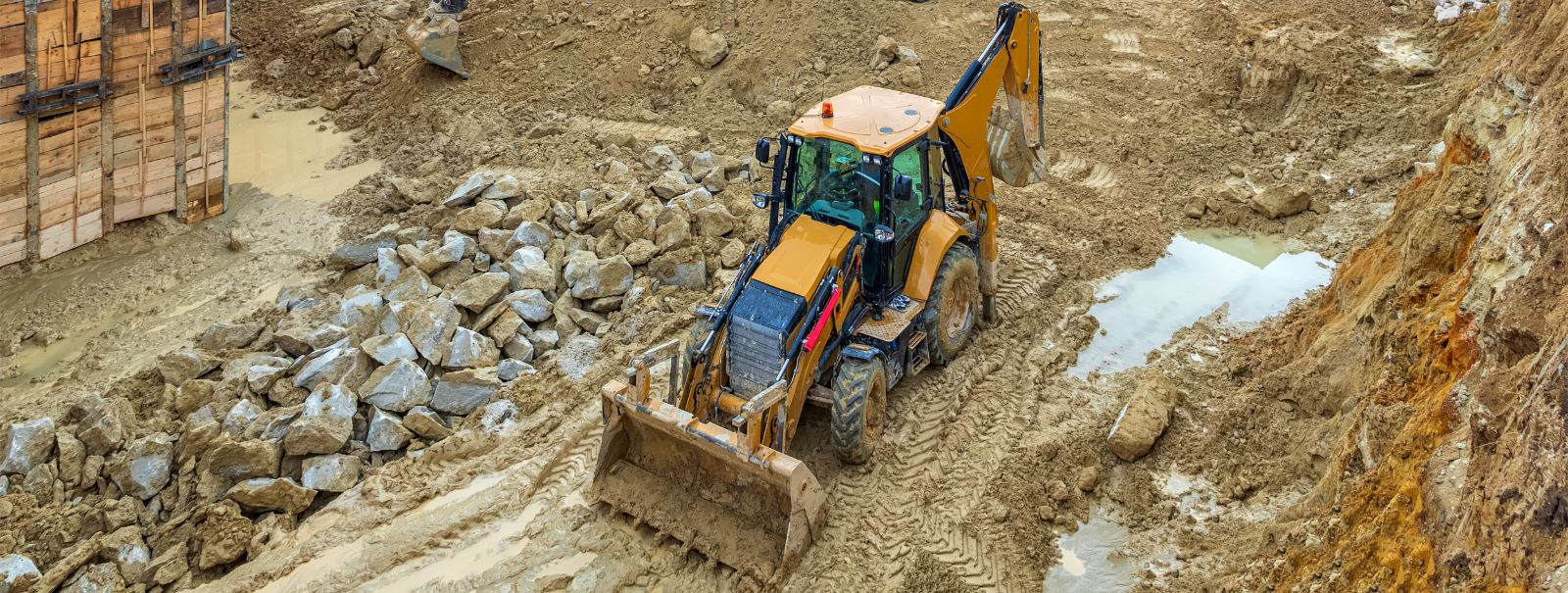The importance of precision in foundation excavation
Foundation excavation is a critical phase in the construction process, serving as the bedrock upon which the stability and longevity of a structure depend. It involves the careful removal of soil and rock to create a stable base for building foundations. The precision in this process is paramount, as any errors can lead to structural failures, increased costs, and environmental damage.
The Role of Precision in Foundation Excavation
Precision in excavation ensures that the foundation is laid on a stable and level base, which is crucial for the structural integrity of the building. Accurate excavation prevents uneven settling, which can cause cracks and other structural issues over time. This is particularly important in urban and suburban areas where space is limited and buildings are often constructed in close proximity to one another.
Inaccurate excavation can lead to significant cost overruns. Errors may necessitate additional work to correct foundation issues, leading to delays and increased labor and material costs. Precision in excavation helps to avoid these pitfalls, ensuring that projects are completed on time and within budget, which is a primary concern for construction companies and real estate developers.
Precision in excavation also plays a crucial role in minimizing environmental impact. By accurately removing only the necessary amount of soil, the disturbance to the surrounding environment is minimized. This is particularly important in areas where environmental regulations are stringent, and sustainability is a key concern for developers and homeowners alike.
Techniques for Achieving Precision
Modern surveying techniques, such as GPS and laser-guided systems, allow for precise measurements and mapping of the excavation site. These technologies ensure that excavation is carried out according to the exact specifications required for the project, reducing the risk of errors.
The use of advanced machinery, such as hydraulic excavators and automated diggers, enhances the precision of excavation. These machines are equipped with technology that allows for precise control over the depth and angle of excavation, ensuring that the foundation is prepared accurately.
A skilled workforce is essential for achieving precision in excavation. Experienced operators and engineers understand the nuances of different soil types and excavation techniques, allowing them to make informed decisions that enhance the accuracy of the excavation process.
Challenges in Maintaining Precision
Soil variability can pose significant challenges to precision in excavation. Different soil types have varying load-bearing capacities and can behave unpredictably under stress. Understanding and adapting to these variations is crucial for maintaining precision.
Weather conditions, such as rain and extreme temperatures, can affect the stability of the excavation site and the accuracy of the work. Proper planning and the use of weather-resistant materials and techniques are essential to mitigate these challenges.
In urban areas, limited site accessibility can hinder the precision of excavation. Navigating tight spaces and working around existing structures require careful planning and execution to ensure that the excavation is carried out accurately.
The Role of GEVOTER OÜ in Precision Excavation
GEVOTER OÜ is committed to providing precision excavation services that meet the highest standards of quality and efficiency. With a focus on reliability, sustainability, and cost-effectiveness, GEVOTER OÜ employs advanced technologies and a skilled workforce to ensure that every project is executed with the utmost precision. By addressing the challenges of timely project completion and environmental impact, GEVOTER OÜ stands as a leader in the field of foundation excavation.






Comments (0)